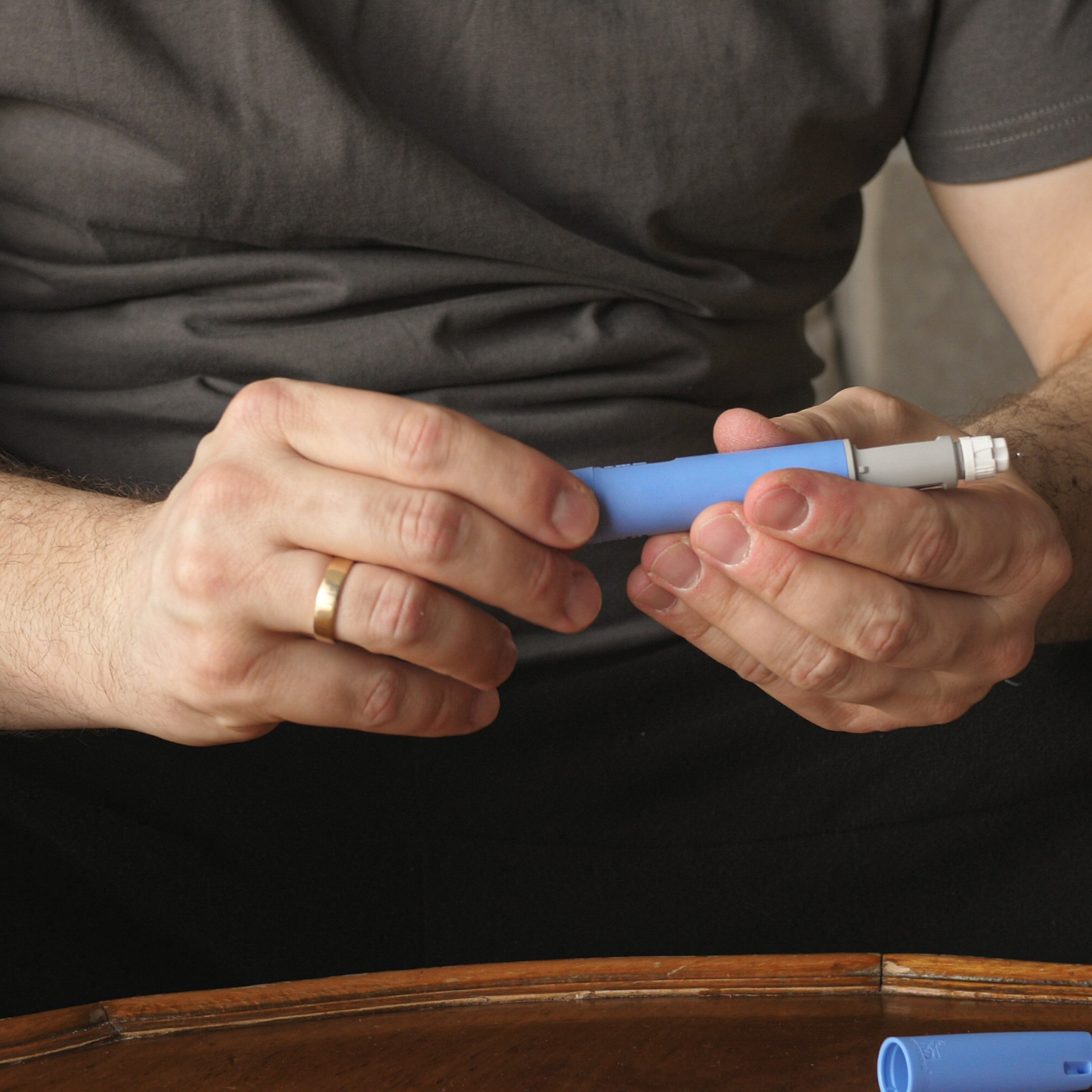The benefits of weight loss and then maintaining a healthy weight are countless.
Your circulation and blood pressure will improve, muscles and joints will be more flexible, cholesterol levels will stabilize, better sleep is possible, blood sugar levels will become more balanced, and the list goes on…
The CDC estimates that if you lose just 5-10% of your body weight, you will benefit from it in so many ways.
At Texas Diabetes & Endocrinology, our team of endocrinology experts treat diabetes, thyroid issues, osteoporosis, and promote heart disease prevention.
We are highly invested in helping our diabetes patients to lose any excess body weight to better manage their blood sugar levels and their overall health. Lowering your body weight will encourage the pancreas to work more efficiently to keep up with insulin production and help sustain healthy blood sugar levels.
One of our advanced practice providers, Brandy Wellmon PA-C, CDCES, contributed to an article about weight loss and blood sugars.
Wellmon says that “the most important aspect of a successful weight loss program is that it must be tolerable to the patient so that the changes are lifelong.”
Experts and research suggest that making adjustments to your diet and adding regular exercise to your daily routine are the main factors that contribute to successful weight loss.
Wellmon shares that she tells patients not to expect significant weight loss until they have sustained the changes for at least three months.
Ways to help with your dieting and weight loss goals include:
- Seeking professional guidance from a nutritionist and/or physical trainer
- Setting realistic goals that you can achieve and sustain over the long term
- Staying positive, working consistently, and trying not to compare your weight loss journey to someone else’s
Research does show that weight loss medications can help in extreme cases when diet and exercise have failed, but these should be taken strictly under the supervision of your physician and as directed.
Wellmon warns that there could be risk in losing weight too fast as well if not done safely.
“Losing too much weight can lead to excessive or rapid bone loss, increasing risk of osteoporosis,” she says. “Also, extreme weight loss or losing it too quickly can have an adverse effect on hormones.”
In the race to lose weight, remember that a slow and steady pace often wins. Make smart choices to facilitate your unique weight loss goals that you will be able to stick to and sustain. Your body will thank you for the many benefits associated with these efforts to maintain a healthy weight for years to come.
Contact Us to Help Manage your Diabetes and Thyroid Conditions
If you’d like to schedule an appointment with one of our specialists at Texas Diabetes & Endocrinology and discover how our diabetes and other endocrinology services can help you lead a full and active life, please contact us at (512) 458-8400 or request an appointment online.
Don’t forget to follow us on Facebook and Instagram and check back with us each month as we provide you helpful wellness and health information.





